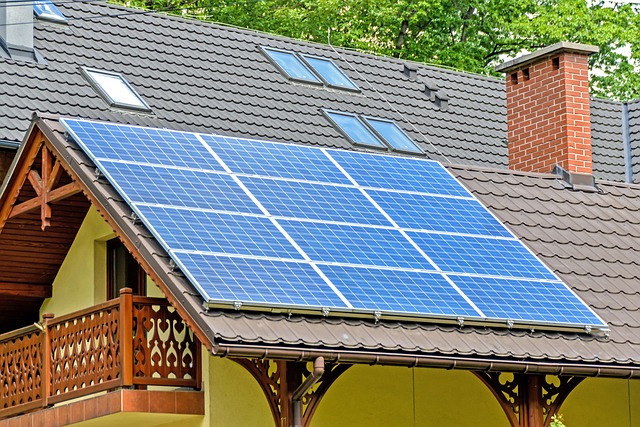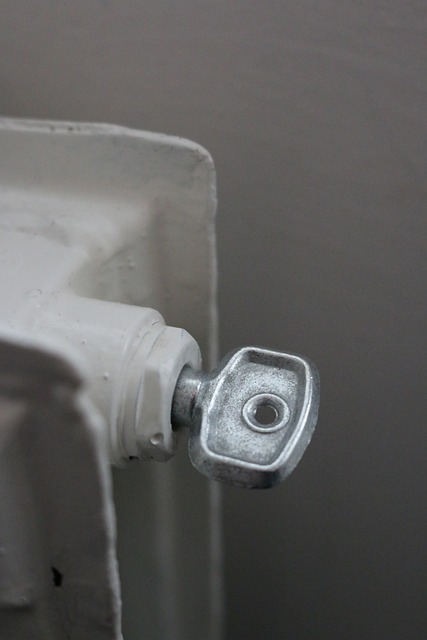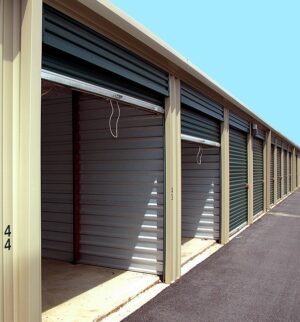Electric combination boilers (combi boilers) offer a space-saving, efficient solution for residential central heating and hot water. Unlike traditional tank systems, they provide instant hot water on demand, eliminating storage tanks. Ideal for large residential buildings, these tankless boilers combine space heating and electric hot water, reducing floor space requirements and energy waste. Their smart features enable precise temperature control and energy monitoring, making them a popular choice in the residential electric HVAC market. Installation requires strategic planning, safety standards adherence, and regular maintenance, while global case studies highlight their efficiency, reliability, and cost-effectiveness.
“In the pursuit of efficient and sustainable heating solutions, electric combination boilers (ECBs) are emerging as a game-changer for large residential properties. This article delves into the world of high-capacity ECBs, offering a comprehensive overview for homeowners and property managers. We explore their advantages in serving substantial residences, dissecting key technologies and features, and providing essential insights on installation, maintenance, and safety. Through real-world case studies, we demonstrate the successful integration of these innovative boilers.”
- Understanding Electric Combination Boilers: A Comprehensive Overview
- Advantages of High-Capacity Models for Large Residential Buildings
- Key Features and Technologies in Modern Electric Combustion Boilers
- Installation, Maintenance, and Safety Considerations for Large-Scale Systems
- Case Studies: Successful Implementions of High-Capacity Electric Boilers in Residential Settings
Understanding Electric Combination Boilers: A Comprehensive Overview

Electric combination boilers, also known as combi boilers, offer a space-saving and highly efficient solution for residential properties seeking reliable electric central heating and hot water supply. Unlike traditional tank-based systems, these compact boiler systems provide instant hot water on demand, eliminating the need for large storage tanks or hot water cylinders. This not only reduces space requirements but also contributes to energy efficiency.
Combi boilers directly heat water as it flows through pipes, ensuring a consistent and abundant supply of hot water for various applications, including space heating systems and electric HVAC boilers. Their tankless design allows for continuous hot water availability, making them suitable for high-demand residential properties. Additionally, the integration of electric combi boilers into modern residential electric heating systems can significantly reduce energy consumption and lower operating costs, making them an attractive option for homeowners looking to transition to more sustainable and energy-efficient practices.
Advantages of High-Capacity Models for Large Residential Buildings

High-capacity electric combination boilers offer significant advantages for large residential buildings. Firstly, they provide efficient space heating and electric hot water simultaneously, eliminating the need for separate tank systems. This results in a more compact and streamlined installation, saving valuable floor space typically required by traditional boiler setups. Moreover, these models are renowned for their energy efficiency; modern high-capacity electric combi boilers can significantly reduce energy consumption compared to older systems, contributing to lower utility bills for residents.
Another key benefit is their tankless design, which means hot water is heated on demand rather than stored in a large tank. This feature not only reduces energy waste but also minimizes the risk of hot water running out during peak usage times, ensuring consistent and instant access to hot water throughout the building. Additionally, combination heating systems integrate seamlessly with modern smart home technology, allowing for precise temperature control and efficient monitoring of energy use, further enhancing their appeal in the residential electric HVAC market.
Key Features and Technologies in Modern Electric Combustion Boilers

Modern electric combination boilers are revolutionizing residential heating with their advanced features and technologies. These compact boiler systems offer a seamless blend of space heating and electric hot water heating, eliminating the need for separate tanks or heaters. One of the key advantages is their energy efficiency; compared to traditional central heating systems, electric combi boilers minimize energy waste as they heat water on demand, ensuring a consistent supply without excessive energy consumption.
The technology behind these boilers includes advanced heating elements and precise temperature control, allowing for quick and efficient heating of both spaces and water. Many modern models also incorporate smart features, such as remote control capabilities and programmable thermostats, enabling homeowners to manage their residential electric heating effectively. This not only enhances comfort but also contributes to a more sustainable and cost-effective energy usage in large residential properties.
Installation, Maintenance, and Safety Considerations for Large-Scale Systems

The installation of high-capacity electric combination boilers in large residential properties requires careful planning and consideration. These tankless electric boilers, often referred to as combination heating systems or electric combi boilers, offer a compact and efficient solution for both space heating and electric hot water heating. When installing these systems, it’s crucial to ensure they meet the specific energy needs of the property while adhering to safety standards. Professional installers should be engaged to guarantee proper configuration and connection to the building’s existing infrastructure, including electrical panels and plumbing systems.
Regular maintenance is vital for the longevity and optimal performance of electric combi boilers. Unlike traditional tank-based central heating systems, these compact boiler systems require less frequent servicing but still demand routine checks. Maintenance should include inspecting electrical connections, checking for leaks, and ensuring the system’s efficiency through regular flushing and filter changes. Safety considerations are paramount; electric HVAC boilers operate at high voltages, necessitating careful handling and adherence to local electrical codes. Proper ventilation and space heating system monitoring further mitigate potential risks, ensuring a safe residential environment.
Case Studies: Successful Implementions of High-Capacity Electric Boilers in Residential Settings

In recent years, the successful implementation of high-capacity electric combination boilers in large residential properties has been a game-changer in the field of residential heating and hot water supply. Case studies from around the globe highlight the benefits of these advanced systems, showcasing their ability to deliver efficient, reliable, and cost-effective solutions for space heating and electric hot water heating.
One notable example is seen in urban apartment complexes where traditional central heating systems are being replaced with compact boiler systems. These electric combi boilers, often referred to as tankless electric boilers or electric HVAC boilers, offer significant advantages. They eliminate the need for large, bulky storage tanks, reducing space requirements and maintenance costs. Moreover, their modular design allows for easy scalability, ensuring each unit receives adequate hot water and heating without compromise. This has led to substantial energy savings, making residential electric heating a more attractive option with each passing day.
Electric combination boilers, particularly high-capacity models, offer a sustainable and efficient heating solution for large residential properties. By understanding their key features and advantages outlined in this article—from enhanced energy efficiency to reduced environmental impact—property managers and homeowners can make informed decisions. Successful case studies demonstrate the positive impact of these systems, highlighting their potential to revolutionize residential heating. As we navigate towards more eco-friendly future, high-capacity electric combination boilers emerge as a prominent option for large-scale residential heating needs.
